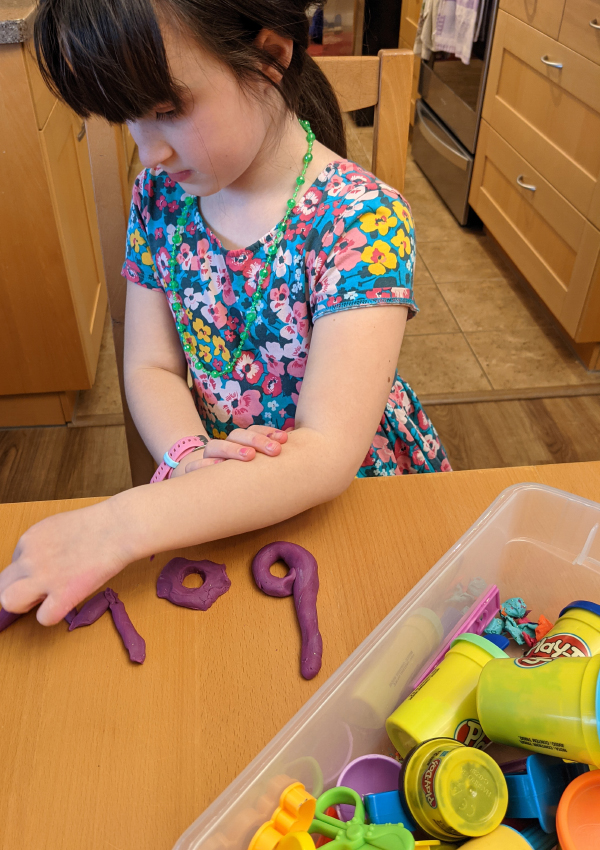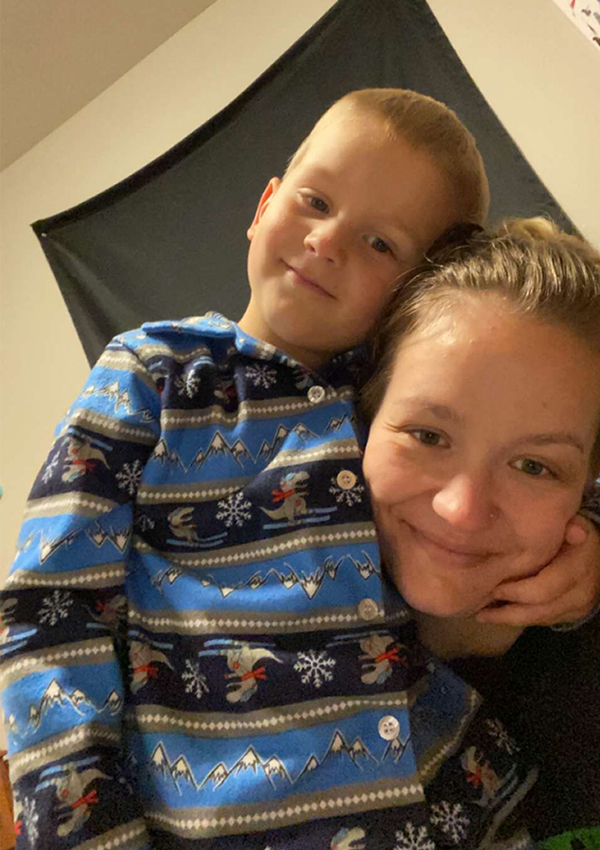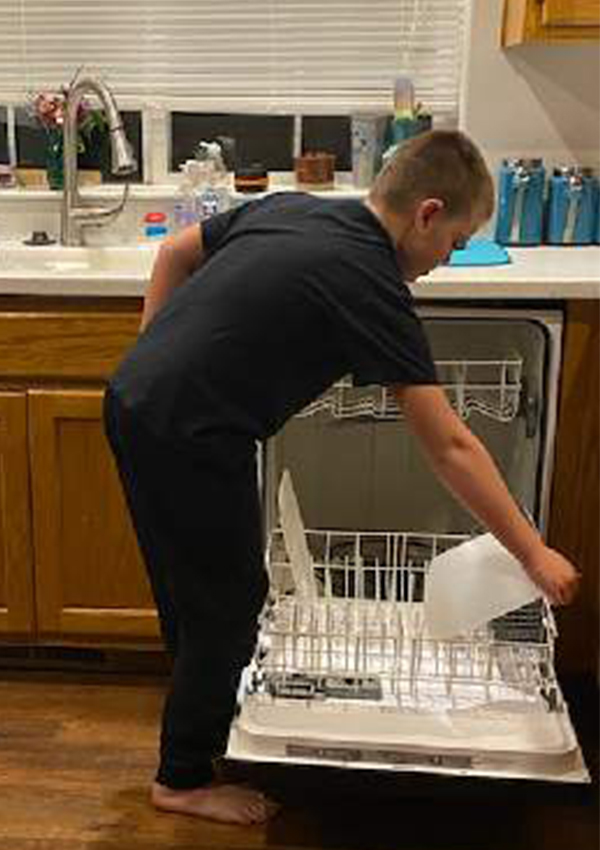Are we teaching our kids to devalue the things that matter most?
I love you. I am sorry. I promise.
I am assuming we can all agree that these things matter. Of course they do, right? Yet as adults we often make children say or show these things with little regard to whether they mean them or not. When we do this, we are devaluing the importance and true meaning of these sentiments.
How often have you commanded, “Go tell your brother you are sorry!?” And it is not just at home. I see it often in the school system. Kind, thoughtful teachers and staff members telling kids to apologize to one another. You may be thinking, why would someone apologizing to another person be a bad thing? It isn’t, and that is exactly the point.

Apologizing is important! So, when we do apologize, we should mean what we are saying; otherwise it means nothing at all. If we make kids apologize when they are not sorry, and they believe the problem is “fixed” anyway, the message we are giving them is that if you just say the words “I am sorry” then that is enough. There are multiple problems with that. One being that our children are not then learning to match the feeling of being sorry or regretful, with the words “I am sorry”. When saying the words become common place and automatic, the actual meaning of the words is devalued.
Another concern regarding an apology that is stated, but not meant, is for the person on the receiving end of the apology. The reason we typically apologize is to acknowledge our part in a mistake, a choice, or a misunderstanding, that caused someone else to have hard feelings. Anger, sadness, embarrassment, etc. If the apology is sincere it will generally help to repair and heal the negative feelings of the other person. An authentic apology is especially important if you are interested in maintaining a healthy relationship with the person you upset and vice versa. Fake apologies do not have the same restorative affect, understandably.
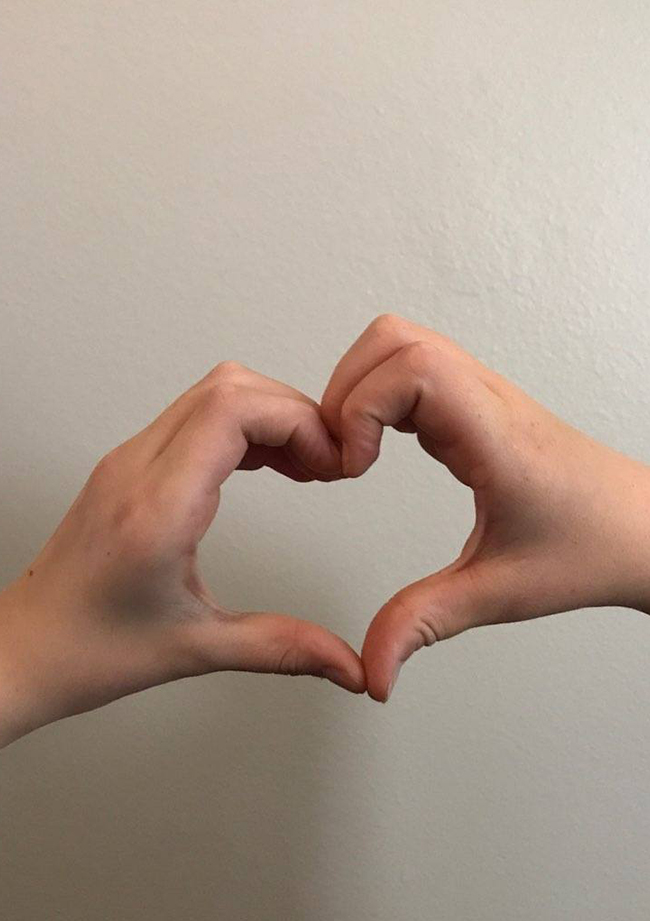
I love you. Meaningful words that I believe we devalue more often through our requests for affection from our children, than the words themselves. Go give grandma/your stepdad/your teacher a hug. Come give me a kiss. If you love me, you will clean your room/stop fighting/bring me the remote… There are times that adults will have an expectation of their child to show them (or someone else) that they love them. This one may feel trickier to understand (or believe) because the child, in all likelihood, does love you, and their grandparent, and teacher, etc. but that is not the point.
Not only is it incredibly important that kids be able to say and share their love in the ways that they want and need to, but they should be able to be in control of it too. That means not having anyone tell them what that looks like for them and, most importantly, the child has the freedom to say no to requests for spoken or physical affection and have it honored.
As a parent and grandparent, I can tell you that I will never tire of hearing I love you, or being given hugs and kisses from my kids or grandkids. But they do not owe them to me. They owe them to no one. It does not matter if I made them a meal, took them somewhere fun, bought them a present or even birthed them. The expectation that they say “Thank you” as a common courtesy is reasonable. The expectation that they show affection in the manner that I instruct them to, is not. Children who are raised around adults who model love and appreciation will learn to love and appreciate as well, but it must be through an authentic willingness to do so, otherwise we have devalued what it means to love another person.
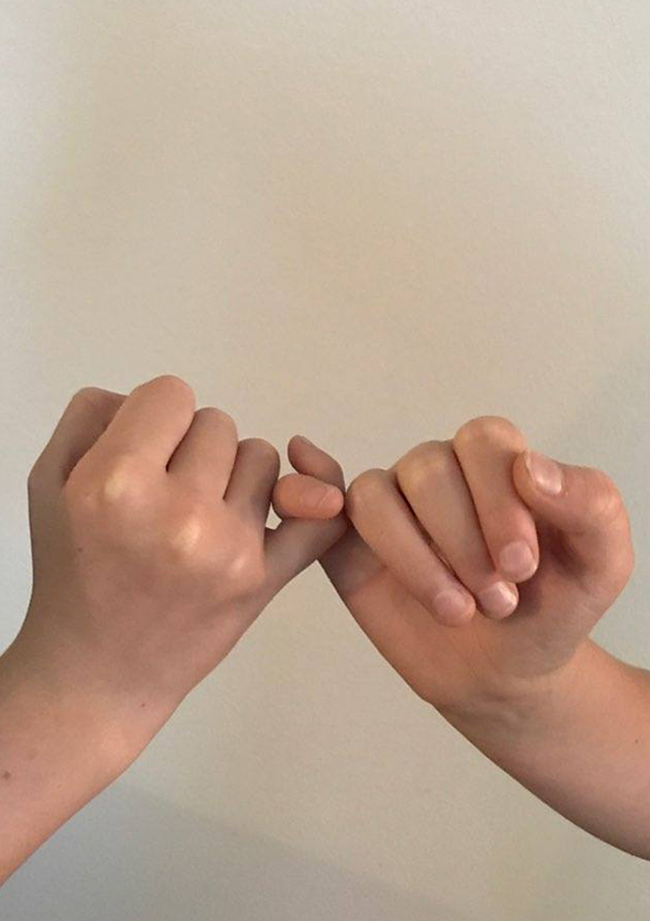
In the same vein as I am sorry and I apologize, when we say, “I promise”, we should also mean it. I spoke about meaning what you say in my blog post titled: Logical Consequences – Halloween Edition. Doing and meaning what you say is part of being trustworthy. There are people who do not make that connection. Trust is not always about the “big” stuff like blatant lying. It has more to do with all the little things. If you tell your child “I promise I will take you to the park when I’m off the phone”, or “I promise you can have a new video game the next time I get payed” and those things don’t happen, then you have devalued what it means to make a promise. In doing so, you have also reinforced that you do not mean what you say.
Not doing what you say (promise or otherwise) = untrustworthy.
We are humans with good intentions but sometimes we just haven’t thought about the “big picture” when it comes to navigating certain situations. Next week I will share with you how I handle apologies for kiddos who are not sorry, appreciation for those not wanting to say or show it in the way that we would like, and how to avoid breaking promises.
(*FYI, I believe how we handle these issues and others all have a part in how well, or not, our children listen and respond to us. When we do our part, our kids are far more likely to do theirs!)


